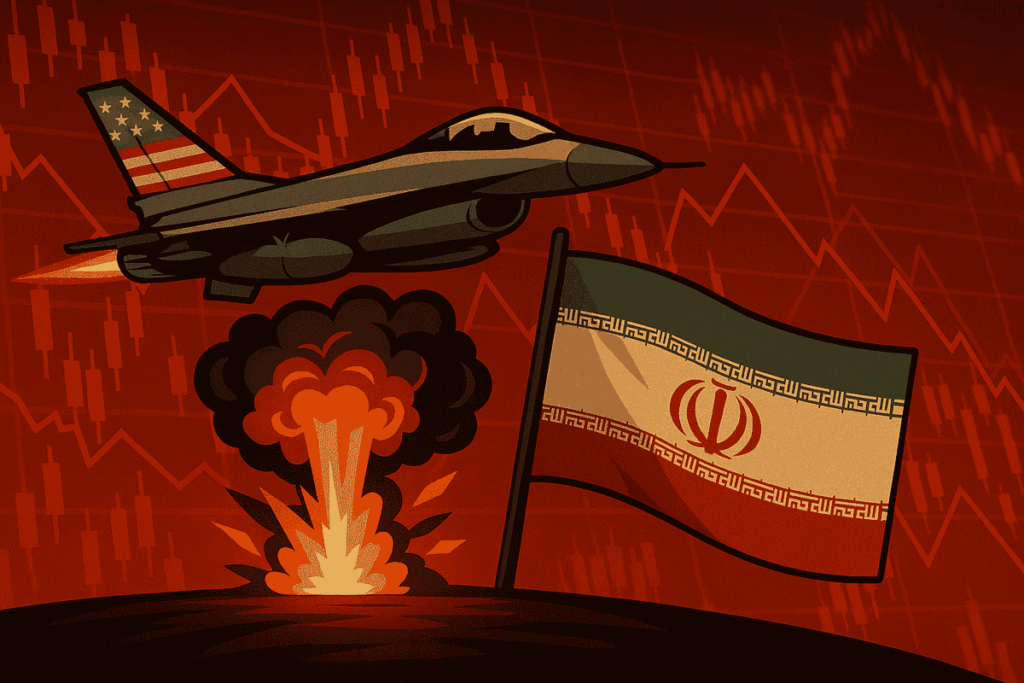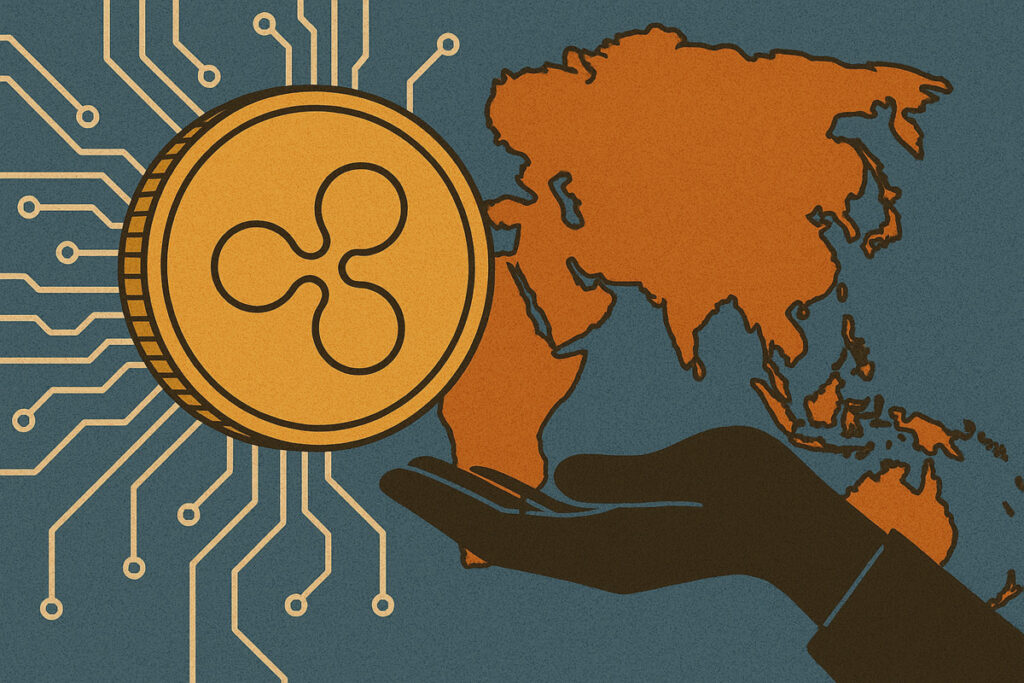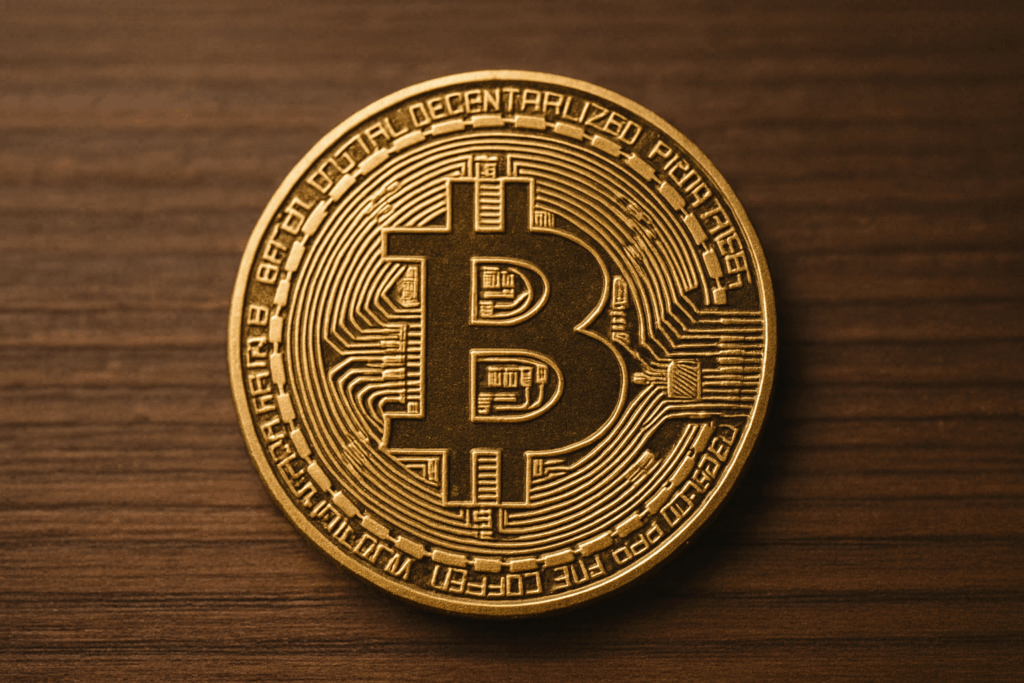-
Wall Street futures dip, Asian markets in the red as investors wait to see how Iran reacts
-
Oil prices see a sharp uptick, Brent crude gains 1.78% to trade near $78/bbl
-
Iran’s parliament votes to close key shipping route
Global markets are in a disarray after the United States joined the Middle East tension by attacking three nuclear sites in Iran on June 21-22, 2025. U.S. bombs and Tomahawks took down Iranian nuclear facilities at Fordow, Natanz, and Esfahan.
With most markets closed over the weekend, the only reaction was in cryptocurrencies. Ether fell more than 5%, and bitcoin dipped 1%. Oil prices reacted sharply, with Brent crude jumping nearly 3% to trade at $78 per barrel, its highest level since January, Reuters reported. The dollar is getting a modest safe-haven bid, and there was also no sign of a rush to the traditional safety of Treasuries, with 10-year yields rising 2 basis points to 4.395%.
Markets in the Asia Pacific region woke up to a sea of red on June 23, 2025. According to cnbc.com, Japan’s Nikkei was down 0.18%, whereas the broader Topix index declined 0.43%. Australia’s S&P/ASX 200 sank 0.34%. India’s Nifty declined over 150 points and slipped below the 25,000 levels in early trade. The only signs of green in the Asian markets were in Hong Kong’s Hang Seng Index, which moved 0.45% higher, and China’s Shanghai Stock Exchange saw gains of over half a percent. U.S. futures have tumbled 0.3–0.5% in overnight trade.
Newsletter
Get weekly updates on the newest crypto stories, case studies and tips right in your mailbox.
For now, most investors are keeping a wait and watch approach. Vivek Dhar, a commodities analyst at Commonwealth Bank of Australia, told Reuters that there could be selective disruption, but a shutdown of the Strait of Hormuz might not augur well for Iran’s exports. “In a scenario where Iran selectively disrupts shipping through the Strait of Hormuz, we see Brent oil reaching at least $100/bbl.” Goldman Sachs warned prices could temporarily touch $110 a barrel should the critical waterway be closed for a month.
Late Saturday, President Trump stated these strikes “obliterated” Iran’s nuclear infrastructure and floated the possibility of “regime change.” Meanwhile, Iran’s Foreign Minister Abbas Araqchi condemned the attack as a “grave violation of international law” and pledged a forceful response, reaffirming Iran reserved “all options,” including targeting U.S. regional base.
In retaliation, Iran’s military said it targeted Ben Gurion Airport, Israel’s main international airport, which has been shut since fighting began. Iranian state TV reported that Iran fired its largest missile yet at Israel, the Khorramshahr-4, which at 13 metres long has a range of up to 2,000km and was carrying a 1,500kg warhead. The next Iranian move, especially concerning the Strait of Hormuz, could dramatically reshape energy markets and global economic stability..
So far, the global market reaction has been cautious but meaningful, showing moderate equity softness, a slight boost to the dollar, and notable oil-price spikes. Volatility is expected to remain high. Markets are now pricing in the elevated geopolitical risks, which fuel safe-haven demand but also stoke inflation fears. Governments all over the world will be closely watching the fallout.










